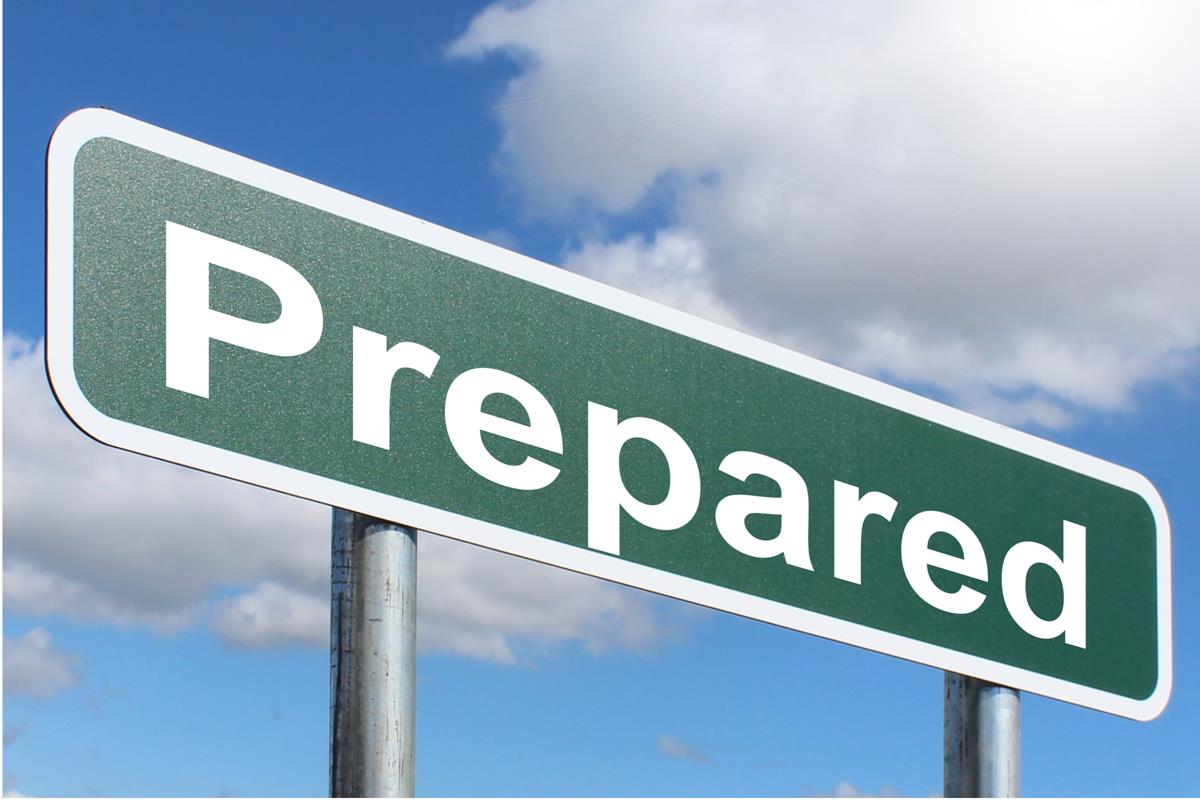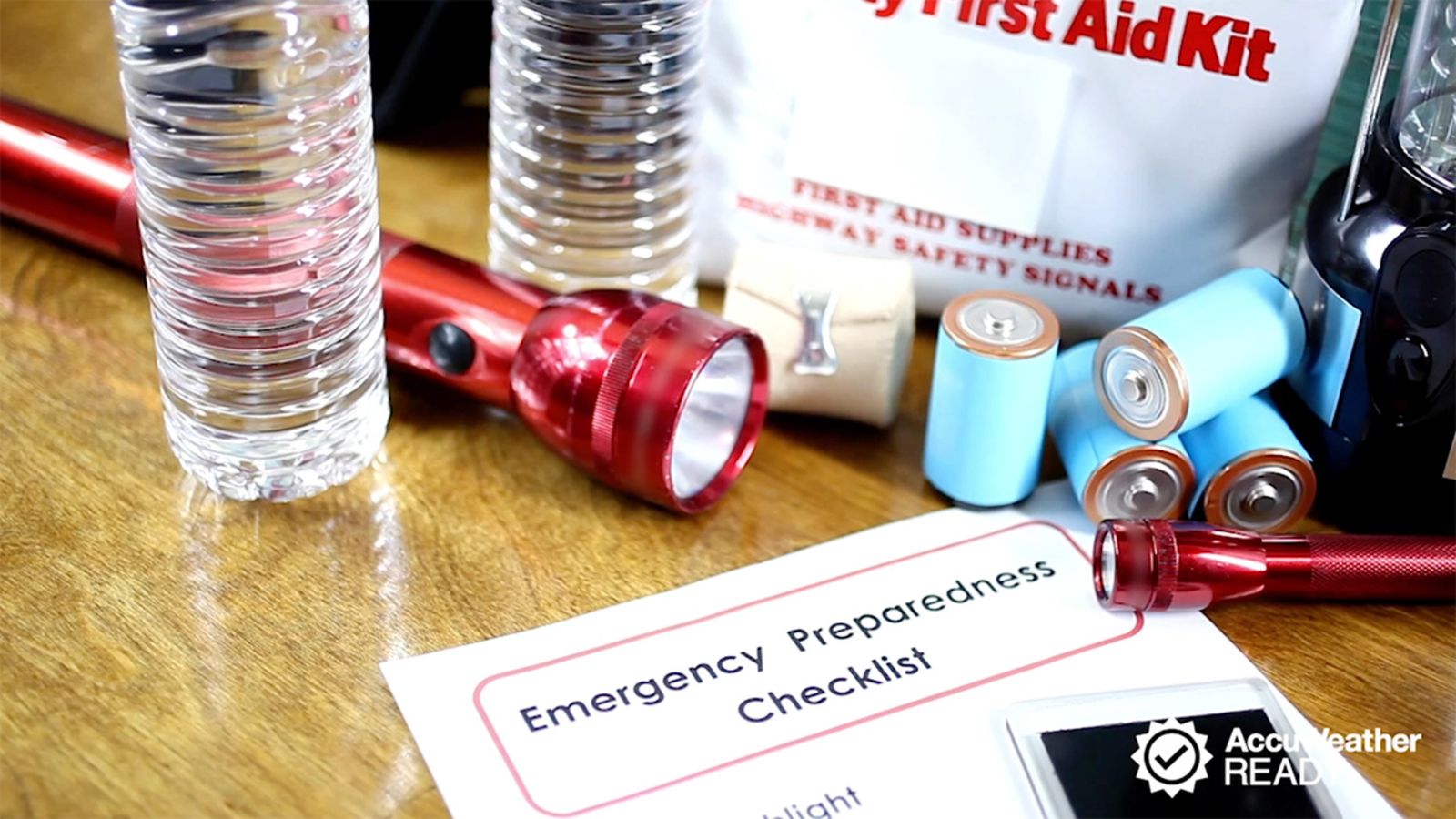To survive, humans require a combination of basic necessities and resources. These essential elements include:

Air: Oxygen is vital for sustaining life. We breathe in oxygen and release carbon dioxide through the process of respiration. Without a continuous supply of fresh air, humans can quickly suffocate.

Water: Water constitutes a large percentage of the human body and is essential for various bodily functions, including hydration, temperature regulation, nutrient transport, and waste removal. Without adequate water intake, dehydration can occur, leading to health risks and eventually death.

Food: Food provides the body with energy, building blocks for growth and repair, and essential nutrients. A balanced diet consisting of diverse food groups, including carbohydrates, proteins, fats, vitamins, and minerals, is necessary for maintaining good health and preventing malnutrition.
Shelter: Shelter protects us from harsh weather conditions, extreme temperatures, and potential hazards. It provides a safe and secure environment for rest, sleep, and other essential activities. Shelter can take various forms, such as houses, apartments, tents, or caves.
Clothing: Clothing serves several critical purposes. It protects the body from the elements, including cold, heat, and precipitation. Clothing also promotes hygiene by preventing dirt and germs from coming into direct contact with the skin. Additionally, clothing can provide a sense of modesty and privacy.
Sleep: Sleep is a fundamental biological process crucial for rejuvenation, restoration, and cognitive functioning. During sleep, the body repairs itself, consolidates memories, and releases essential hormones. Adequate sleep helps maintain physical and mental well-being.
Healthcare: Access to healthcare is essential for preventing, diagnosing, and treating illnesses and injuries. Regular checkups, vaccinations, and medical interventions can help individuals maintain good health, detect diseases early on, and receive appropriate treatment.
Social Interaction: Humans are social creatures and require interaction with others for emotional well-being and overall health. Social connections provide a sense of belonging, support, and purpose. Healthy relationships with family, friends, and community contribute to happiness and resilience.
Education: Education equips us with knowledge, skills, and critical thinking abilities necessary for personal and professional growth. Access to education empowers individuals to make informed decisions, navigate life’s challenges, and contribute positively to society.
Safety and Security: A safe and secure environment is fundamental for human survival. This includes protection from physical harm, violence, abuse, and natural disasters. Safe neighborhoods, law enforcement, and disaster preparedness measures contribute to a sense of security and well-being.
The availability and accessibility of these essential elements vary widely across different regions, cultures, and socioeconomic backgrounds. Access to these resources is influenced by factors such as poverty, inequality, armed conflict, climate change, and political instability. Ensuring equitable access to these basic necessities is crucial for improving the quality of life and overall well-being of individuals and communities around the world.










